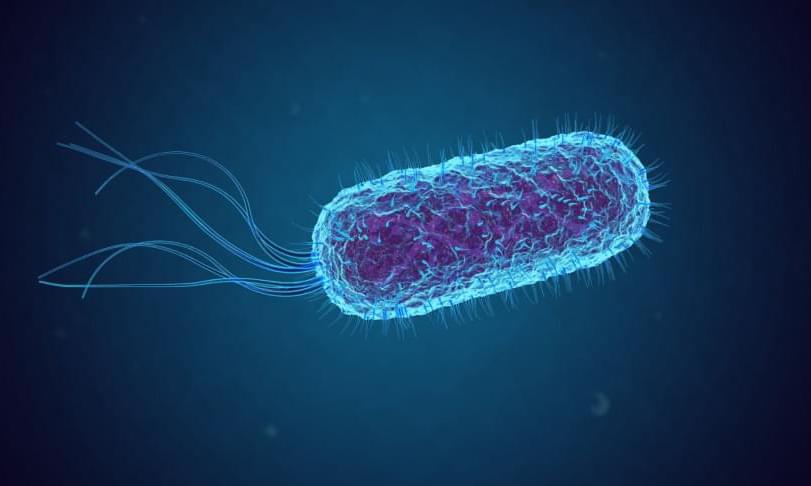So how can LaMDA provide responses that might be perceived by a human user as conscious thought or introspection? Ironically, this is due to the corpus of training data used to train LaMDA and the associativity between potential human questions and possible machine responses. It all boils down to probabilities. The question is how those probabilities evolve such that a rational human interrogator can be confused as to the functionality of the machine?
This brings us to the need for improved “explainability” in AI. Complex artificial neural networks, the basis for a variety of useful AI systems, are capable of computing functions that are beyond the capabilities of a human being. In many cases, the neural network incorporates learning functions that enable adaptation to tasks outside the initial application for which the network was developed. However, the reasons why a neural network provides a specific output in response to a given input are often unclear, even indiscernible, leading to criticism of human dependence upon machines whose intrinsic logic is not properly understood. The size and scope of training data also introduce bias to the complex AI systems, yielding unexpected, erroneous, or confusing outputs to real-world input data. This has come to be referred to as the “black box” problem where a human user, or the AI developer, cannot determine why the AI system behaves as it does.
The case of LaMDA’s perceived consciousness appears no different from the case of Tay’s learned racism. Without sufficient scrutiny and understanding of how AI systems are trained, and without sufficient knowledge of why AI systems generate their outputs from the provided input data, it is possible for even an expert user to be uncertain as to why a machine responds as it does. Unless the need for an explanation of AI behavior is embedded throughout the design, development, testing, and deployment of the systems we will depend upon tomorrow, we will continue to be deceived by our inventions, like the blind interrogator in Turing’s game of deception.






